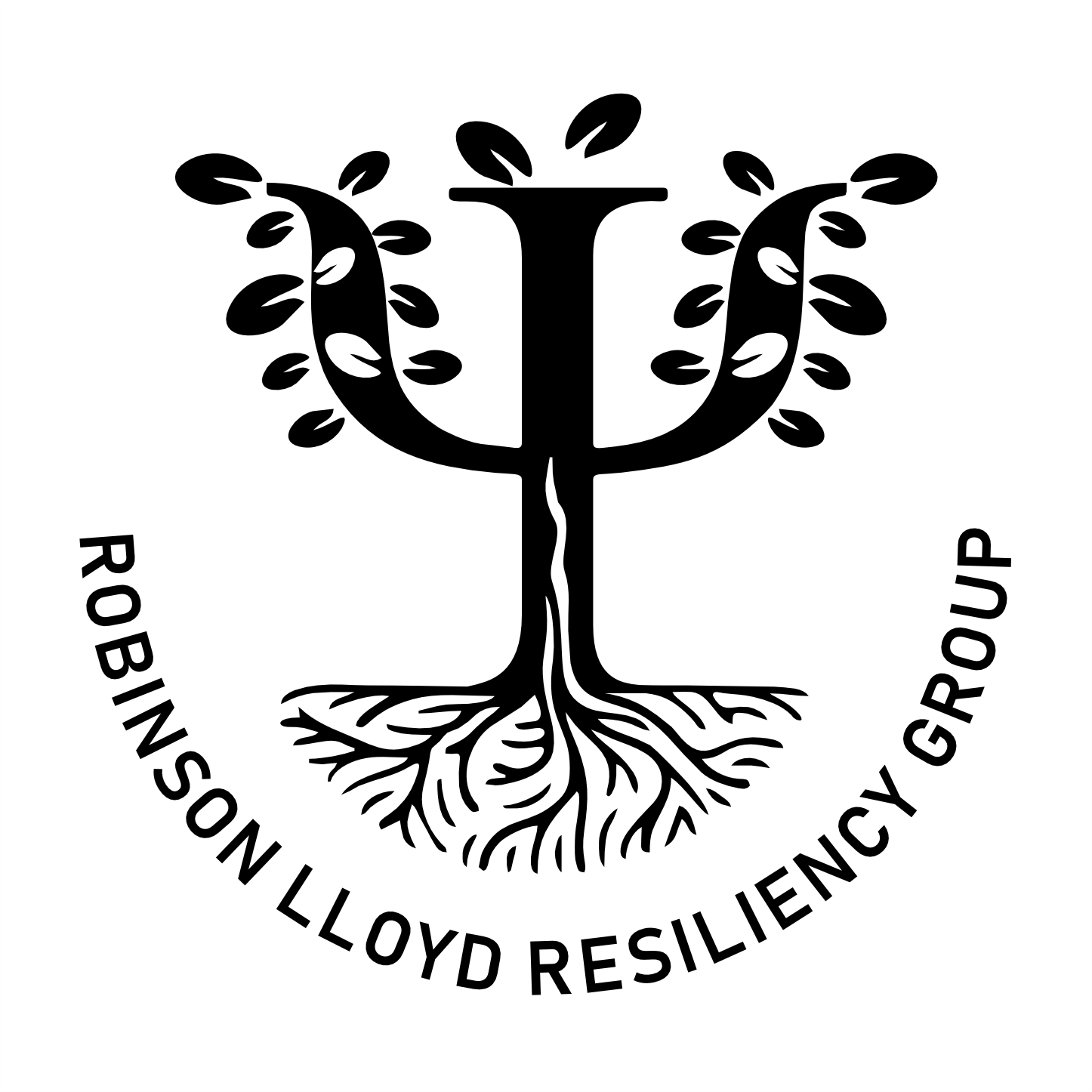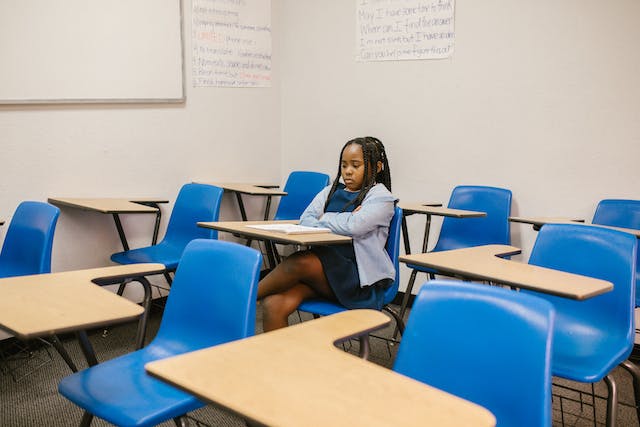10 Steps to Coach Students through Depression: A Resilient Stars Approach
Depression among students is a serious and prevalent issue that can significantly impact academic performance and overall well-being. Resilient Stars Coaching uses the cognitive conceptualization of depression that requires a thoughtful and compassionate approach that combines empathy, practical strategies, and collaborative goal-setting. In this week’s Insight we highlight ten steps you can use to help your students manage depression.
1. Establish Trust and Rapport: – Begin by creating a safe and non-judgmental space for students to express their thoughts and feelings. Building trust is crucial for effective communication and collaboration throughout the coaching process. This can be achieved by avoiding the “righting reflex.”
2. Active Listening and Empathy: – Practice active listening to understand the student’s experience without judgment. Express empathy to validate their emotions and let them know they are not alone in their struggles. This does not mean agreeing with the student; it’s understanding their thoughts and how they would have come up with their conclusions and behaviors.
3. Assessment of Individual Needs: – Conduct a thorough assessment to understand the specific challenges and triggers contributing to the student’s depression. Identify underlying factors such as academic stress, personal relationships, or lifestyle issues. We assess before we provide our coaching sessions. This helps us gather information about the students “risks” as well as “resources.” This process gives students insight into what they are feeling and an opportunity to explore issues they may not have opened up to anyone about before – specifically suicidal ideation.
4. Collaborative Goal-Setting: – The goals of our Resilient Stars Program are already pre-determined – to increase self-awareness, tenacity, attention, retention and strategic planning (STARS) as a practical response to building resources to cope with anxiety and depression. However, the student and the coach collaboratively determine which areas of home and school life they would like to improve the most utilizing these skills. For example, some students identify that they procrastinate a lot, and one of their goals is to build the five core (STARS) to improve their time management and self-regulation.
5. Implementing Coping Strategies: – Each of our modules introduces coping mechanisms that align with the student’s preferences and comfort level. These techniques have been curated from evidenced-based modalities and those deployed by this week’s Insight contributor over the years. They include mindfulness exercises, journaling, or engaging in activities they find enjoyable.
6. Encouraging Self-Care: – Emphasize the importance of self-care practices such as adequate sleep, proper nutrition, and regular physical activity. Establish routines that support overall well-being and mental health. This provides the building blocks of human motivation according to Abraham Maslow.
7. Educating on Depression:- We have psychoeducational modules which include quizzes to increase students’ understanding of depression. Destigmatize mental health by fostering an open conversation about seeking therapy or counseling.
8. Monitoring Progress: – A part of our program includes regularly assessing the student’s progress toward their goals and making adjustments as needed. We celebrate small victories and acknowledge the effort they put into their personal growth.
9. Collaboration with Support Systems: – One thing that sets our program apart is our ability to validate student experience and adapt the Resilient Stars Program to meet their needs. Further, we actively advocate for student’s – role-playing difficult conversations (wrong and right way) and providing parent and teacher workshops that share our insights gleaned. We ensure a coordinated effort to address the various aspects of the student’s life that are contributing to their depression.
10. Flexibility and Adaptability: – Recognize that progress may be gradual, and setbacks are a natural part of the journey. Be flexible in adjusting coaching strategies based on the evolving needs and feedback from the student. In treating addiction, we call this the Transtheorethical model of change developed in the 1970s by Prochaska and DiClemente.
Conclusion: The Resilient Stars Coaching process helps students identify, understand and manage depression. It requires a holistic and empathetic approach that considers the unique challenges each student faces. By establishing trust, setting collaborative goals, implementing coping strategies, and fostering a supportive environment, Resilient Stars Coaches and facilitators play a pivotal role in helping students navigate the complexities of depression.
As teachers, you can use these skills to help your students overcome depression too. It is crucial to emphasize that Resilient Stars Coaching is a complementary support, and students should be encouraged to seek pediatric and psychiatric assistance where necessary, for example, when thoughts of suicide are intrusive and a plan of how to die by suicide has been established.
Together, with compassion and understanding, we can empower students to overcome depression and thrive academically and personally. Keep gaining Insights with us. Until next week, thank you for all you do to support your students.

